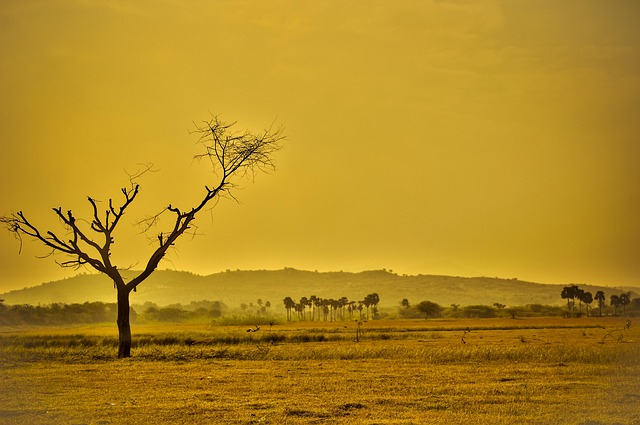
A new study conducted by an international team of researchers has found that climate change is happening on the earth at a faster rate than animals could adapt. The research report also warned that these drastic changes in climate could threaten the existence of many species and may negatively impact the health of the earth's ecosystem.
During the study, the research team led by Viktoriia Radchuk, Alexandre Courtiol and Stephanie Kramer-Schadt from the Leibniz Institute for Zoo and Wildlife Research evaluated more than 10,000 previously published scientific study reports and came to the conclusion that the responses of animals on the earth are rather insufficient to adapt themselves to the rising temperatures.
The study report published in the journal Nature Communications also revealed that these responses from animals may sometimes go in the wrong direction, thus questioning their chances of survival on the planet.
It should be noted that the most commonly observed responses from animals to cope up with sudden changes in climate are altering the timings of their biological events like hibernation, reproduction or migration (phenological traits). Other responses like change in body size and mass (morphological traits) were also observed in some animals. Scientists evaluated whether these traits increased the number of offsprings or survival rate, and the results were worrisome.
"This is unlikely to be the case because even populations undergoing adaptive change do so at a pace that does not guarantee their persistence," said Alexandre Courtiol, senior author of this study, Earth.com reports.
It should be noted that scientists, during this study, analyzed the data of abundant species like the great tit and the European pied flycatcher, and they have not analyzed the natural responses of endangered species to climate change.
"Adaptive responses among rare or endangered species remain to be analyzed. We fear that the forecasts of population persistence for such species of conservation concern will be even more pessimistic," says Stephanie Kramer-Schadt.









